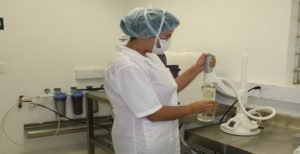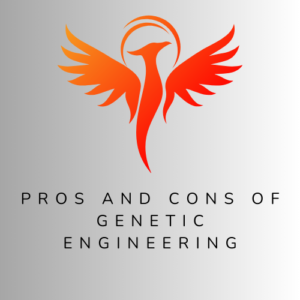Image source: www.cosmopolitan.com
Fertility is a topic that is often discussed in length. Over the years, egg donation is a practice that has gained popularity. Many women have come forward to donate their eggs so that other people can be parents. It’s not just a noble course but also a great gift. The reality of the world we live in today is that people essentially delay creating families as they try to achieve financial stability. When it comes to women, the longer it takes to have children the more the egg quality diminishes with age. For this reason, some women have a difficult time conceiving later in the years.
Fortunately, there is the option of egg donation. In this case, a woman can still carry a normal pregnancy, giver birth and breastfeed the baby. Keep in mind not every woman can be an egg donor. There are procedures to be followed and the donor has to be healthy as well as fertile.
Pros:
1. Free health screening. Women who donate eggs have to be totally healthy that’s why they have to get involved in complete health screening. A blood test is conducted to check for fertility issues, hepatitis, and sexually transmitted infections. They are also tested for genetic disorders.
2. Families can have their own children. Couples struggling with infertility issues are given a chance to have a child in the typical way any other parent would. This gives them satisfaction.
3. The donor has a feeling of accomplishment. One good thing about donating your eggs is you will feel good and happy about having helped a couple struggling with childlessness conceive.
4. You are more aware of your fertility potential. If you intend to have kids one day, donating your eggs will give you an insight into your ability to produce healthy eggs.
5. There is financial compensation. The medical expenses that come with the egg donation will be covered even if you have no insurance. You are also given incentives in the form of money as a reward for your time and agreeing to donate your eggs.
6. You remain anonymous. Your name and contact information will be kept anonymous. There is no need to worry about any custody battles in the future. There are contracts that take care of all this.
7. There is a chance to preserve your own eggs. Women who are not ready to be parents yet can have their eggs frozen during the egg donation process. This is sometimes offered within the same cycle.
8. The medical procedure is short and mostly safe. There may be some small risks and the woman involved has to take fertility medications. However, there is no need to worry since these medications are well tested to ensure the safety of the donors.
9. Older women have the chance to become mothers. Older women whose eggs are no longer viable can turn to egg donations as a way for them to conceive and bear children.
10. In some instances, you may be given the opportunity to know the child. Some couples decide to have eggs donated by a family member or someone they know.
Cons:
1. There is a risk of side effects. Egg donations involve medical procedures and hence there will always be that risk of side effects. The hormones used in the process can cause mood changes and even weight gain.
2. Psychological concerns. There is a high possibility one of your donated eggs will turn into a successful pregnancy. This can be hard on some people especially those who don’t know the couple they donated eggs too. On the other hand, those who donate to family members struggle with seeing their child being raised differently from how they would want.
3. It requires a lot of time and commitment. You will have to take hormones for months before the actual retrieval. After the retrieval procedure, you may be disoriented and need to rest for some days.
4. It can cause ovarian hyperstimulation. This occurs in some women who end up with swollen ovaries and experience some abdominal pains. While this condition is temporary, it may become permanent in some women.
5. The fertility drugs used may cause pregnancies of multiples. Women donating their eggs and are sexually active at times fall pregnant with multiples during the procedure or afterward. This is because the physician may fail to retrieve all the eggs created.
6. It may lead to eggs with genetic defects. There is no doubt all egg donors are subjected to an advanced screening. However, overstimulation of the ovaries can lead to the production of eggs with mutations within the genes.
7. There is a potential for failure. There is no guarantee that donor eggs will result in a successful pregnancy. In some cases, a donor cycle may fail or you may need more than one cycle.
8. Using donor eggs is costly. Getting an egg donation is expensive. You might be required to pay for the donor’s expenses as well as your own. Also, some women need multiple cycles before they get pregnant and this only adds to the costs.
9. The setback of not having your own biological child. Many women value the fact that they can have their own biological children. On the other hand, with an egg donation, the child does not belong to you biologically.
10. It can interfere with your normal life. As you prepare for egg retrieval, the hormones you are given make you very fertile. For this reason, doctors recommend you abstain from sexual activity during and three weeks after the retrieval procedure. Also, the time invested in the entire process means you will be less involved in other daily activities.



